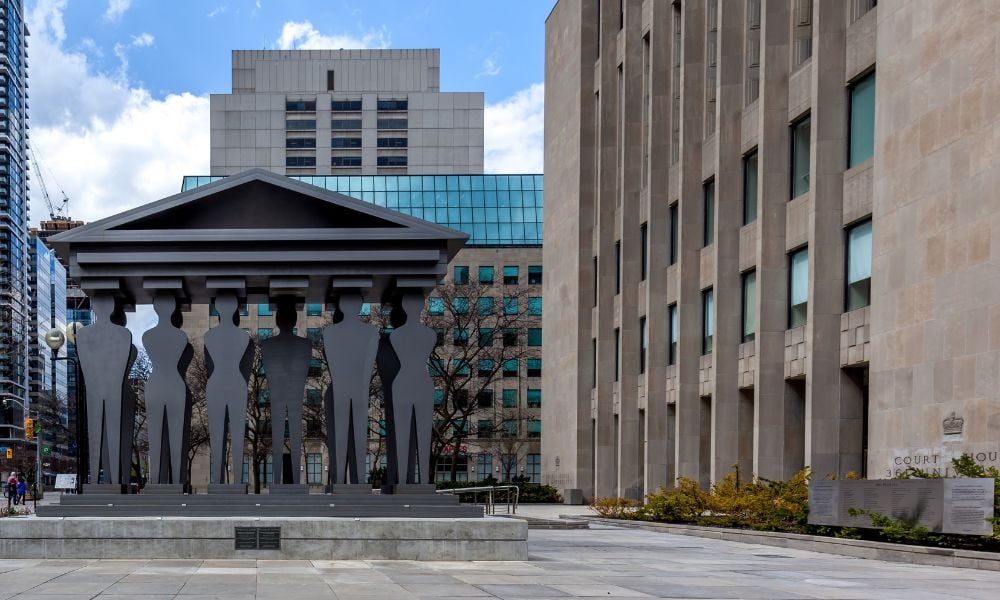The case involved alleged sexual crime committed by a pediatric medical professional

The Ontario Superior Court of Justice has declined to allow an amendment to a statement of claim containing an allegation based on the disciplinary proceedings of the College of Physicians and Surgeons of Ontario.
In S. (B.) v. The Hospital for Sick Children et al., 2023 ONSC 2795, the plaintiff sought leave to amend her statement of claim to plead similar fact evidence. She alleged that she was sexually assaulted at 12 years old by Dr. Eleazar Noriega while he was a pediatric doctor at The Hospital for Sick Children. The assault occurred in 1980, and the plaintiff could not independently identify Dr. Noriega as the assailant.
The plaintiff sought to amend her statement of claim to add an allegation that Dr. Noriega had sexually assaulted other patients from 1978 to 1979 and in 2022. The defendants opposed this amendment.
The Rules of Civil Procedure allows the court to grant leave to amend a pleading “on such terms as are just, unless prejudice would result that could not be compensated for by costs or an adjournment.” However, the Ontario Superior Court of Justice said amendments should not be permitted if they would have been struck had they been originally pled.
In her affidavit, the plaintiff listed documents from the College of Physicians and Surgeons of Ontario’s (CPSO) discipline committees and newspaper articles reporting on these proceedings. The plaintiff admitted that the amendment she wishes to make to her claim is based on documents derived from CPSO’s discipline committee proceedings.
The Regulated Health Professions Act 1991 (RHPA) states that no report or document prepared for a proceeding under the act or a health profession act is admissible in a civil proceeding. The court said that the RHPA aims to encourage reporting complaints of professional misconduct against members of a health profession and to ensure that those complaints are thoroughly investigated and fairly decided without fear that documents prepared for these proceedings could be used in a civil action. The court stressed that s. 36(3) of the RHPA aims to separate College and civil proceedings, which is especially important in cases of alleged sexual abuse.
The plaintiff admitted that disciplinary proceedings before the CPSO are under a health profession act, so it is subject to s. 36(3) of the RHPA. She also admitted that she could not prove her allegation that the defendant had sexually assaulted patients on other occasions without records of the CPSO proceedings. Accordingly, the court ruled that the proposed amendments plead facts that cannot be proved at trial, so the court dismissed the plaintiff’s motion to amend.
While the plaintiff cannot prove Dr. Noriega assaulted other patients using records of CPSO proceedings, the court said that the plaintiff might be able to prove these assaults through other means, such as the testimony of other complainants who may come forward or through discovery. The plaintiff is also entitled to question Dr. Noriega about the past allegations of assault and the circumstances surrounding them, which are relevant to the question of identity.










